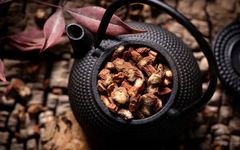Danshen (Salvia miltiorrhiza) is a commonly used traditional Chinese medicinal herb known for its properties of invigorating blood circulation, clearing heat, and calming the mind. It can assist in treating conditions such as hypertension, hyperlipidemia, coronary heart disease, and menstrual irregularities. Many people use it as a daily health supplement. However, some individuals with a cold constitution may be advised against consuming cold-natured herbs. So, is Danshen cold or warm in nature?
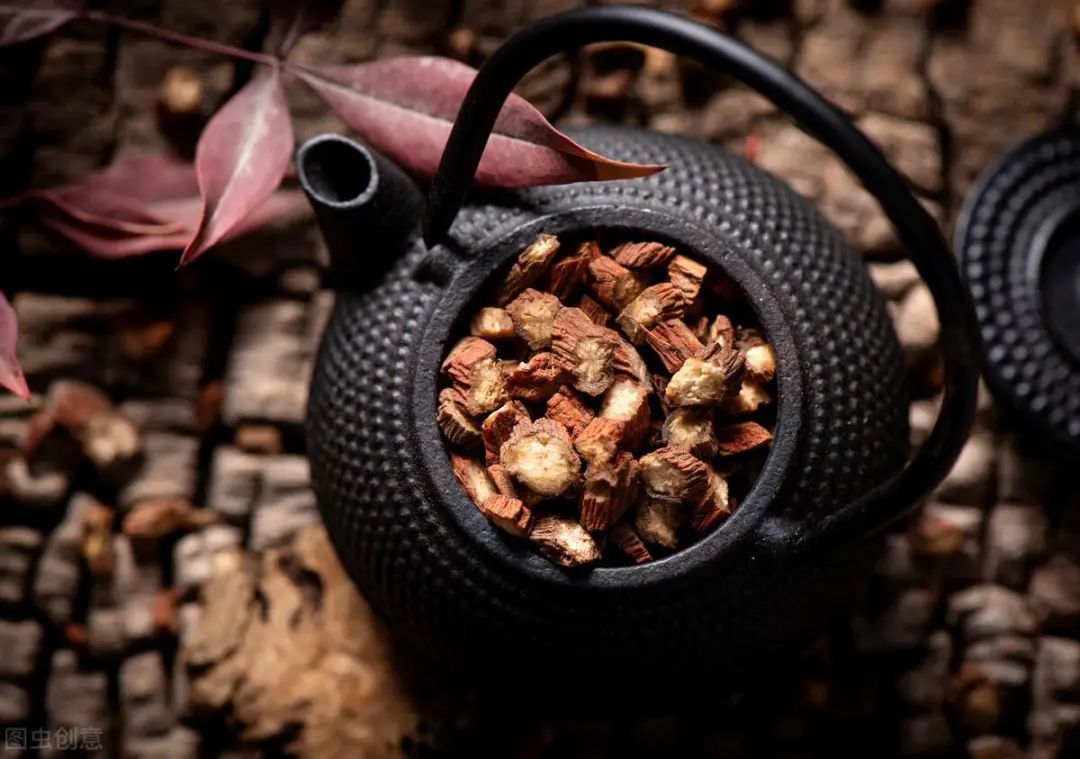
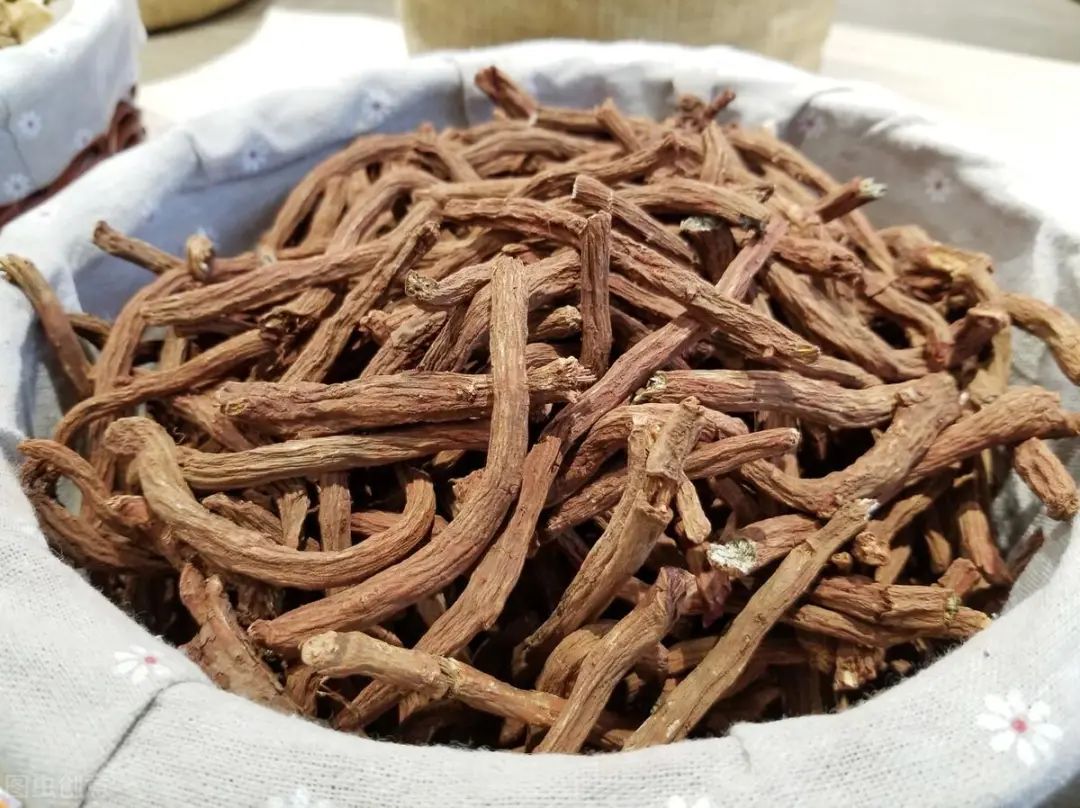
Danshen is considered to have a slightly cold nature. According to the Chinese Pharmacopoeia, Danshen is effective in invigorating blood circulation, alleviating pain, clearing the heart, and cooling the blood. It can be used to treat symptoms such as chest pain, abdominal pain, and menstrual irregularities. Its slightly cold nature can also help relieve irritability and insomnia, as well as swelling and pain from sores. The Shennong Bencao Jing notes that it has a bitter taste and a slightly cold property.
How Much Danshen Should You Consume Daily?

Although Danshen has various benefits and no significant toxic side effects, it is still a medicinal herb with specific dosage guidelines. The typical medicinal dosage of Danshen is 10-15 grams per day, and it should not be taken in excess. Due to its strong blood-invigorating properties, excessive consumption may lead to gastrointestinal bleeding.
What to Be Aware of When Taking Danshen
1. Avoid taking it with Li Lu (Veratrum)
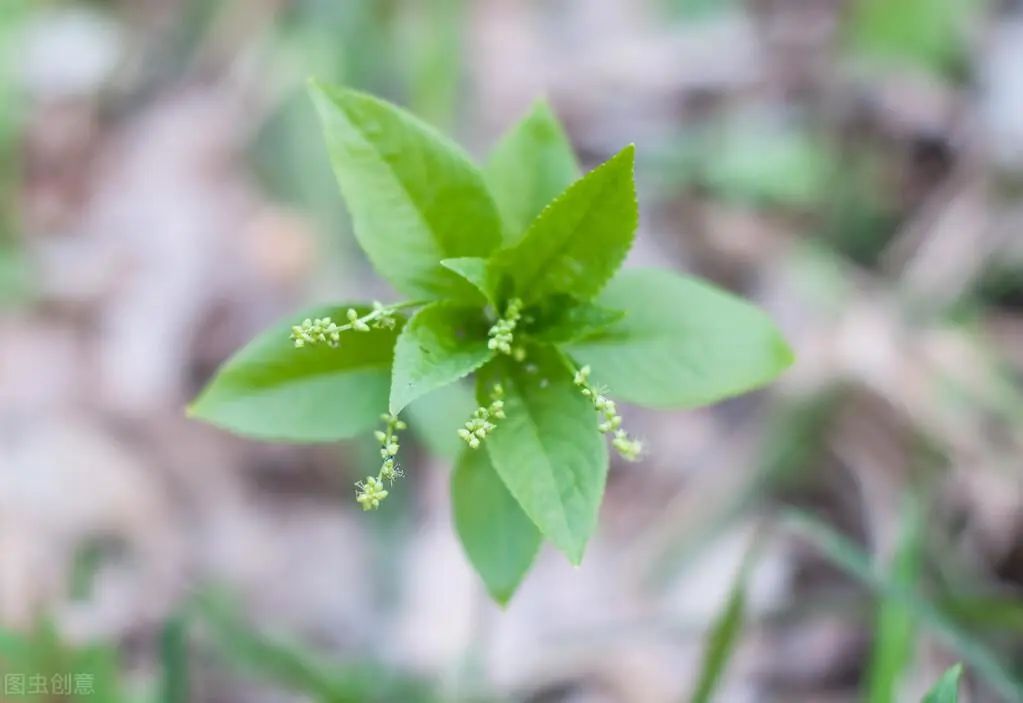
During the use of Danshen, it is advised to avoid taking it simultaneously with the herb Li Lu, as stated in the TCM principle of Shiba Fan (Eighteen Contradictions): “Various herbs that invigorate blood circulation, such as Danshen, are contraindicated with Li Lu.” Taking both together may lead to adverse effects.
2. Avoid taking it with anticoagulants
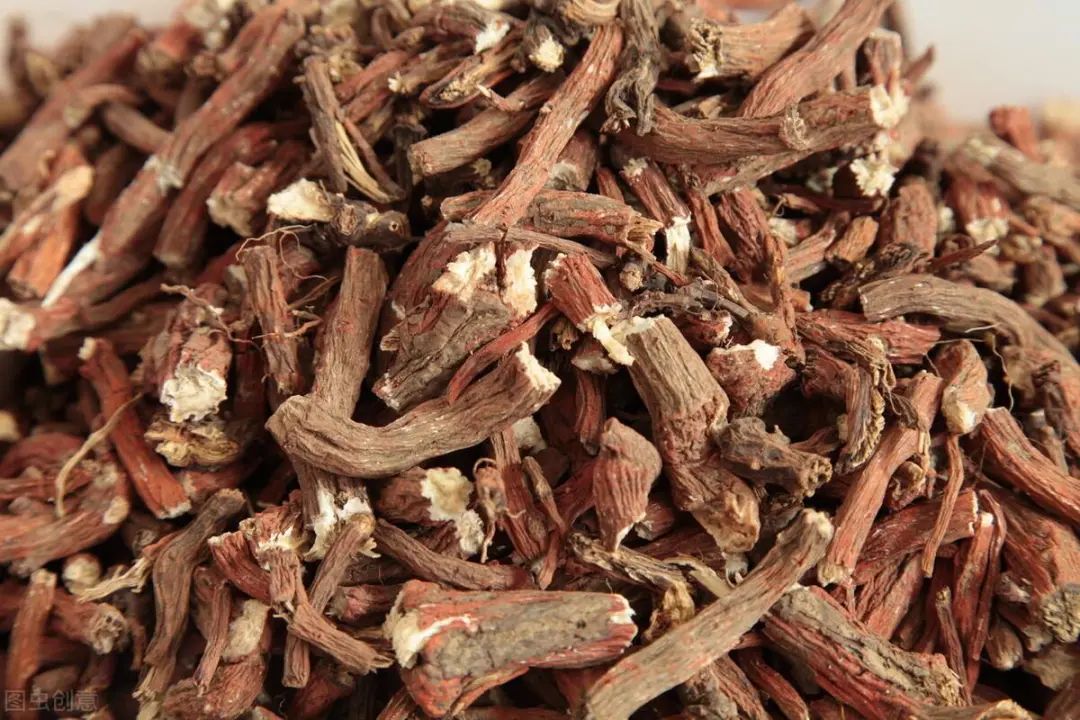
While using Danshen, it is important to avoid taking it with anticoagulants such as aspirin or warfarin, as Danshen also has antiplatelet aggregation effects. Taking them together may enhance the effects and could lead to localized bleeding.
Contraindicated Groups for Danshen
1. Pregnant women should avoid it

Danshen is classified as a blood-invigorating herb with strong effects that can stimulate uterine blood vessels and promote uterine contractions. Pregnant women taking Danshen may experience fetal movement disturbances or even lead to threatened miscarriage, so it should be avoided.
2. Those with allergies should use caution

A small portion of individuals may experience allergic reactions such as stomach pain, nausea, vomiting, reduced appetite, generalized itching, and urticaria after taking Danshen. In severe cases, symptoms like chest tightness and difficulty breathing may occur. Therefore, individuals with allergic tendencies should be particularly cautious. If unsure about allergies, it is advisable to start with a small amount and observe for any adverse reactions before continuing.
Remember to follow us!
to follow us!
Editor’s Recommended Articles
1. A simple herb infusion can replenish lung qi, spleen qi, and kidney qi, boosting immunity
2. Waking up naturally between 3-5 AM? It may be due to lung qi deficiency; consider these three herbs to replenish lung qi and improve insomnia
3. So precious! Over 800 folk remedies, there’s no illness that can’t be treated; save for future reference!
4. A comprehensive guide to understanding each traditional Chinese medicinal herb
Like is a form of encouragement Share to spread joy

